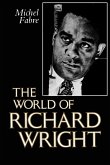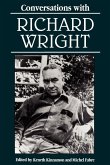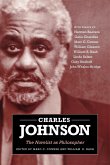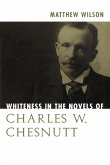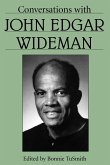Attracted to remote lands by his interest in the postcolonial struggle, Richard Wright became one of the few African Americans of his time to engage in travel writing. He went to emerging nations not as a sightseer but as a student of their cultures, learning the politics and the processes of social transformation. When Wright fled from the United States in 1946 to live as an expatriate in Paris, he was exposed to intellectual thoughts and challenges that transcended his social and political education in America. Three events broadened his world view--his introduction to French existentialism, the rise of the Pan-Africanist movement to decolonize Africa, and Indonesiäs declaration of independence from colonial rule in 1945. During the 1950s as he traveled to emerging nations his encounters produced four travel narratives¿Black Power (1953), The Color Curtain (1956), Pagan Spain (1956), and White Man, Listen! (1957). Upon his death in 1960, he left behi


